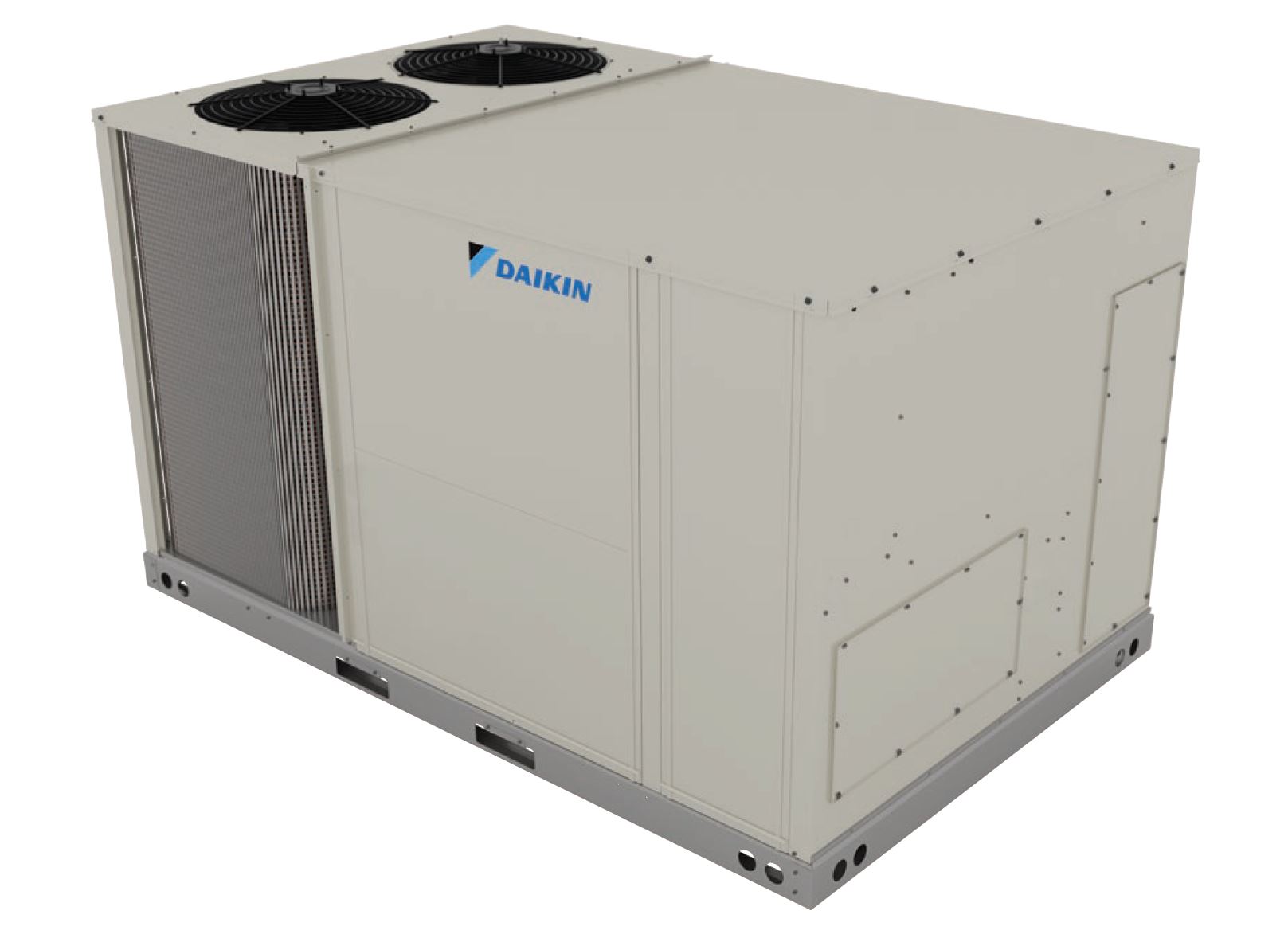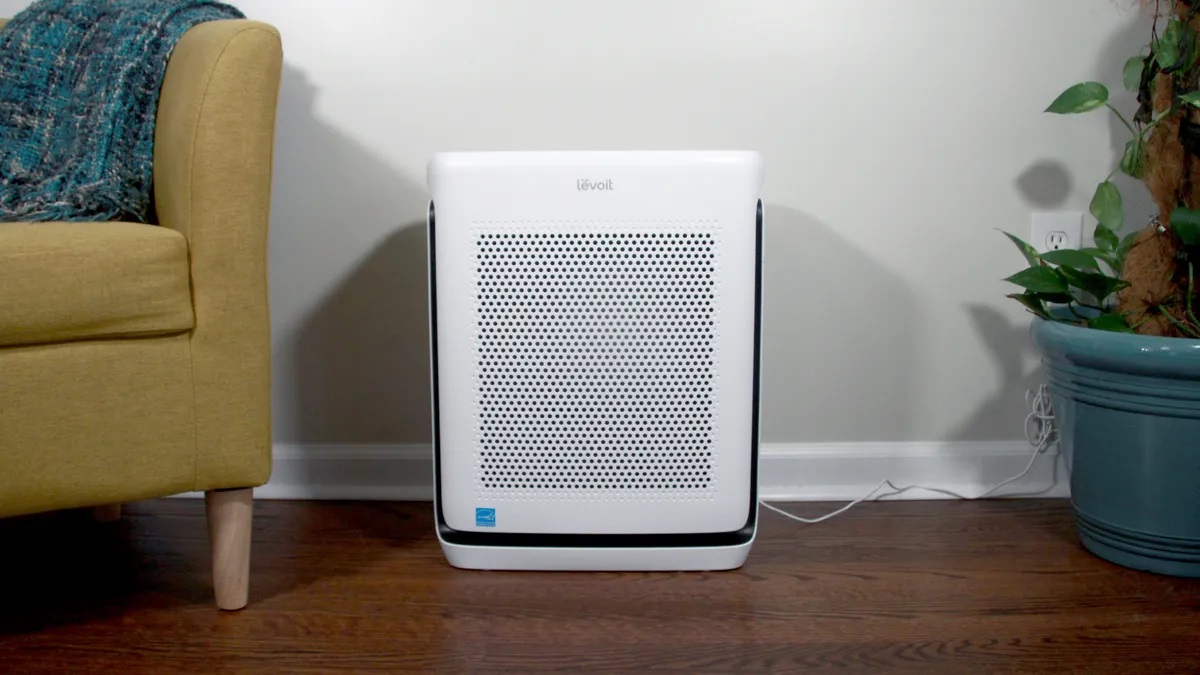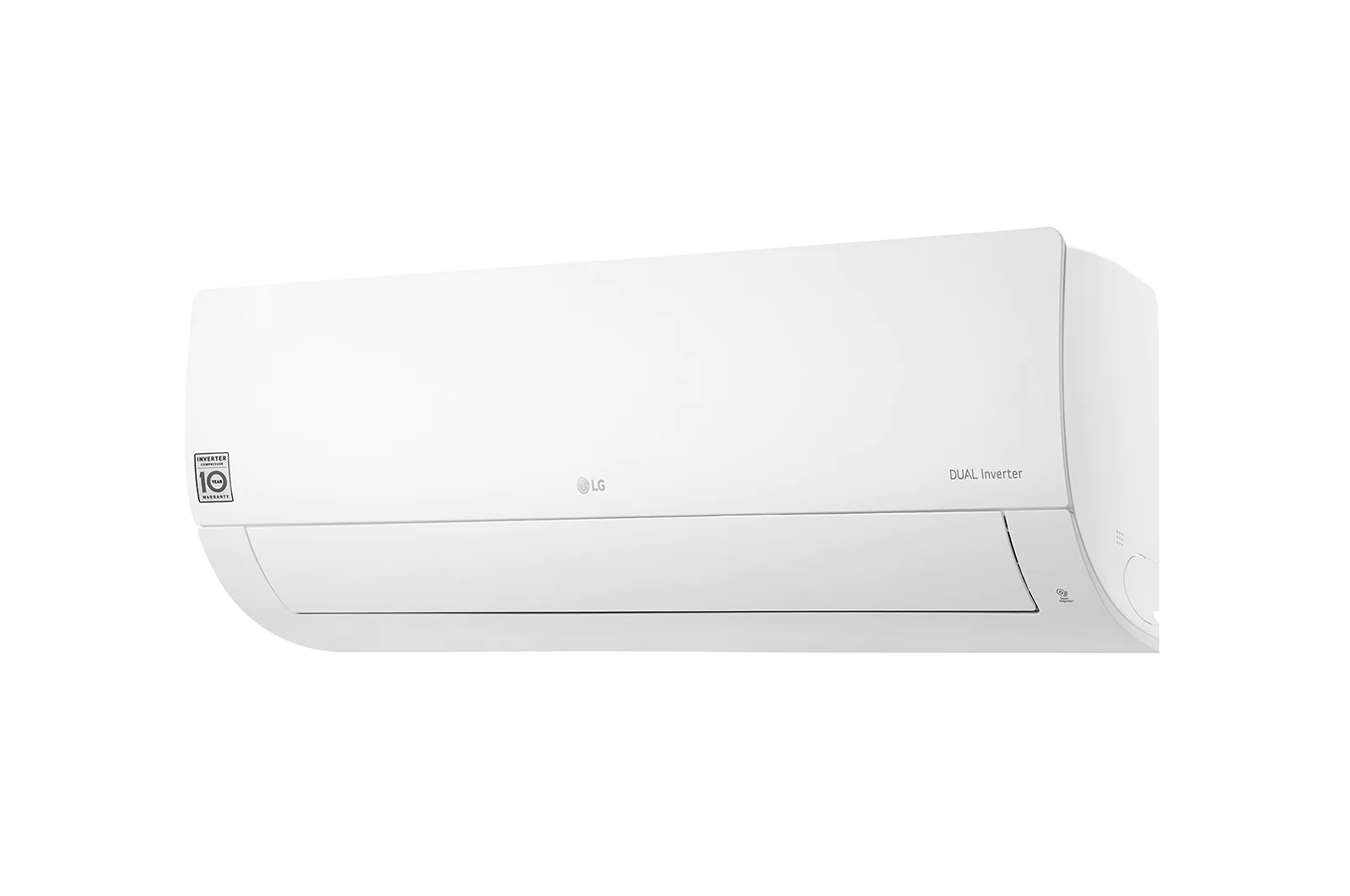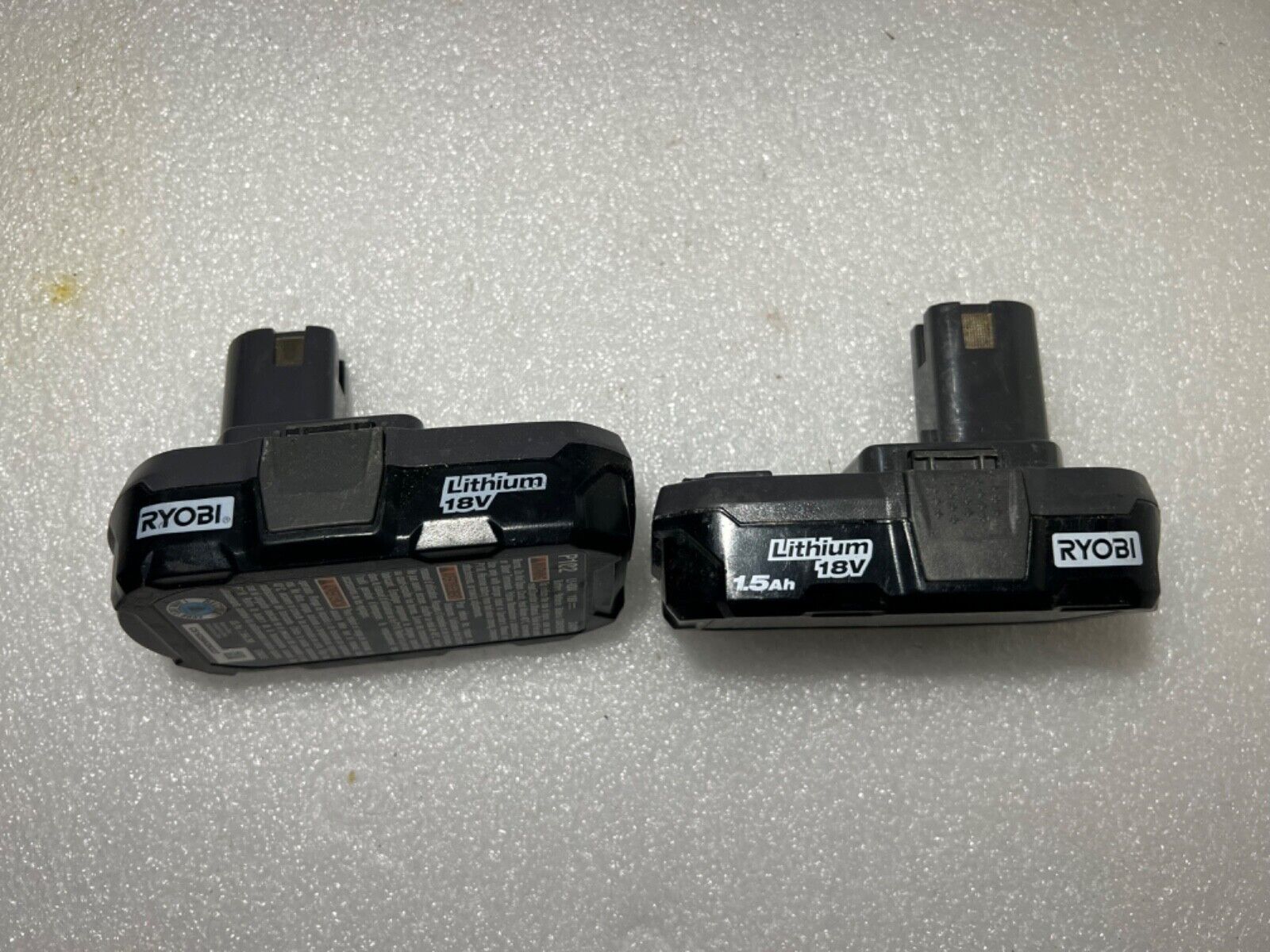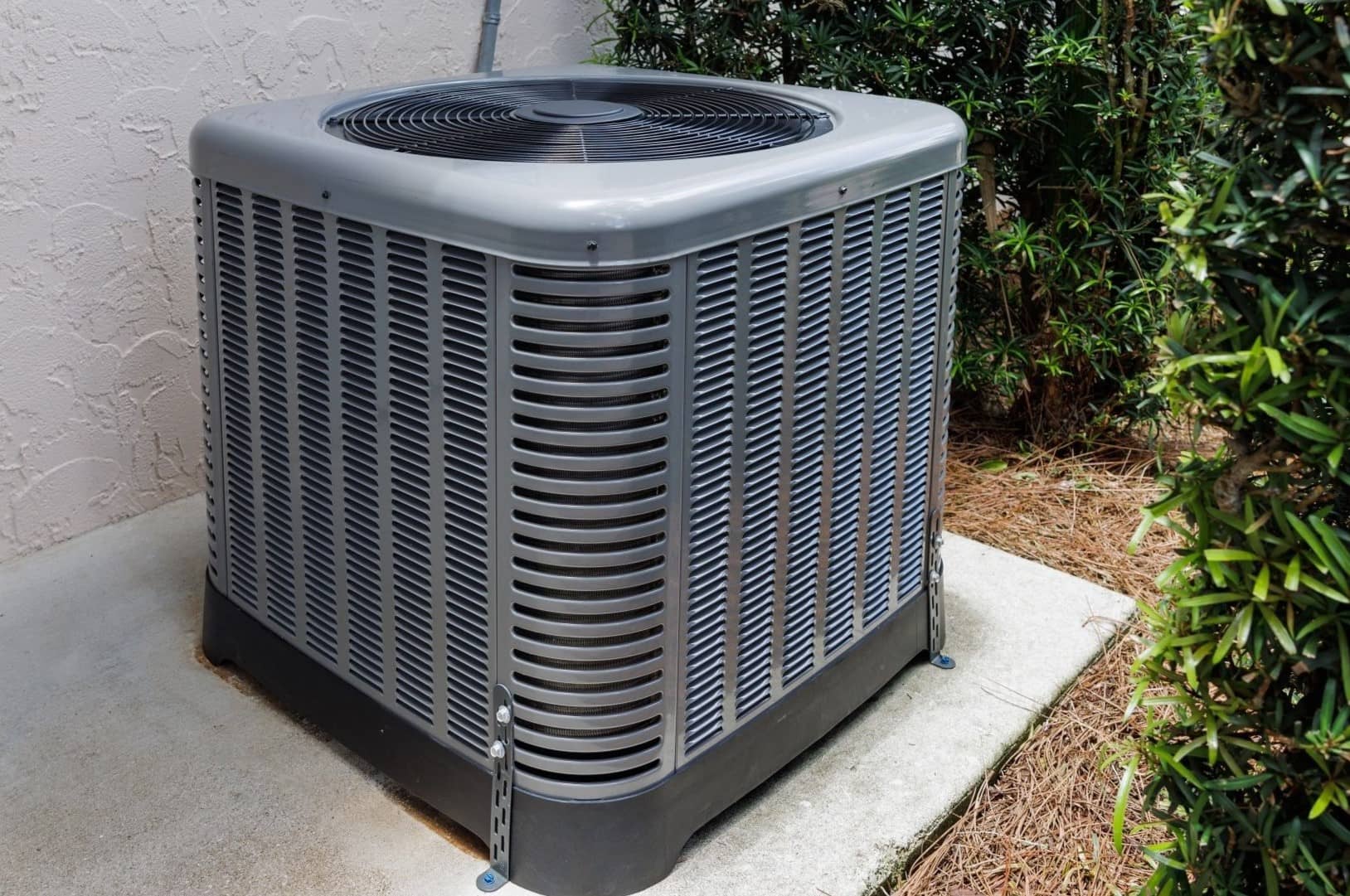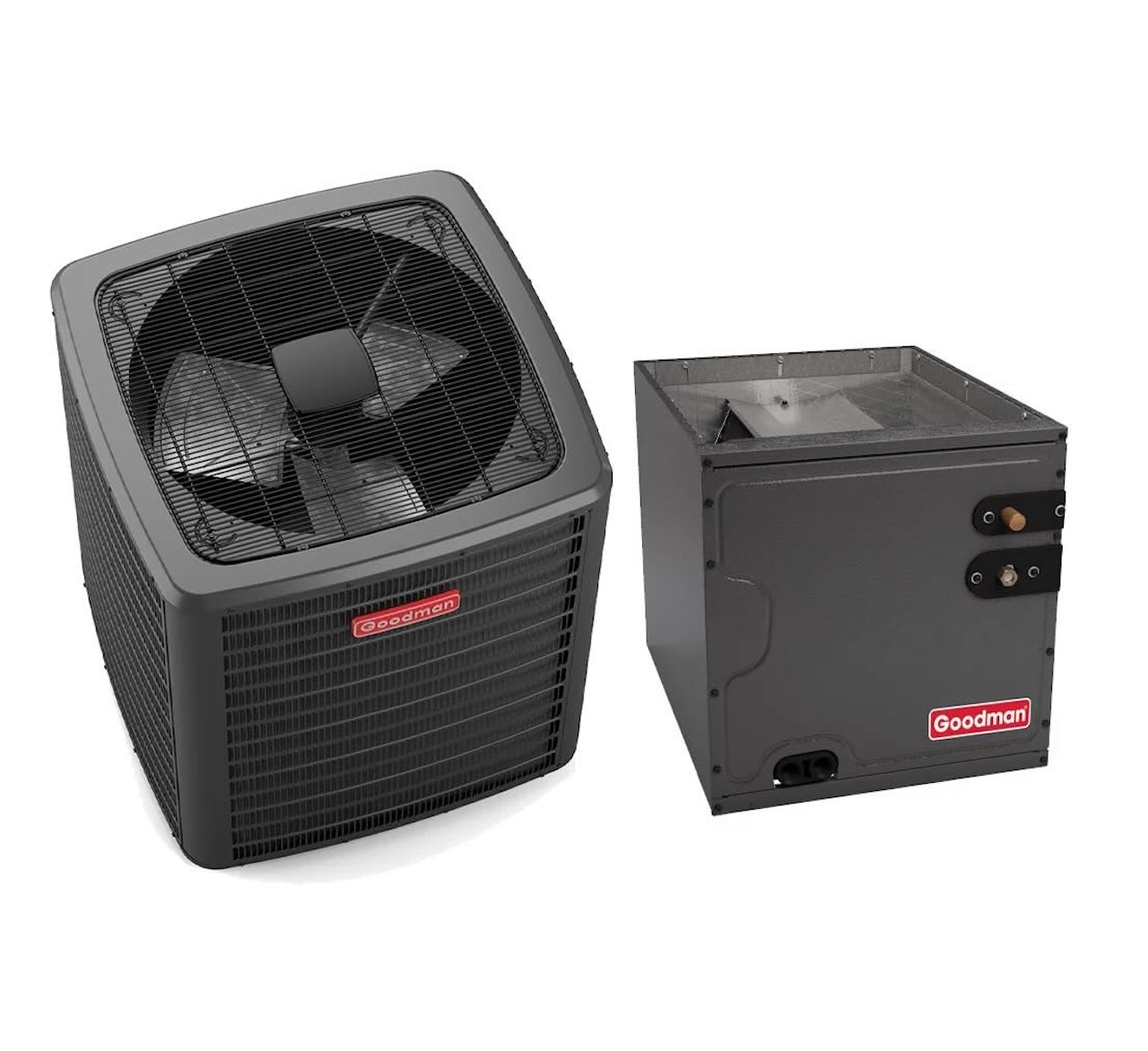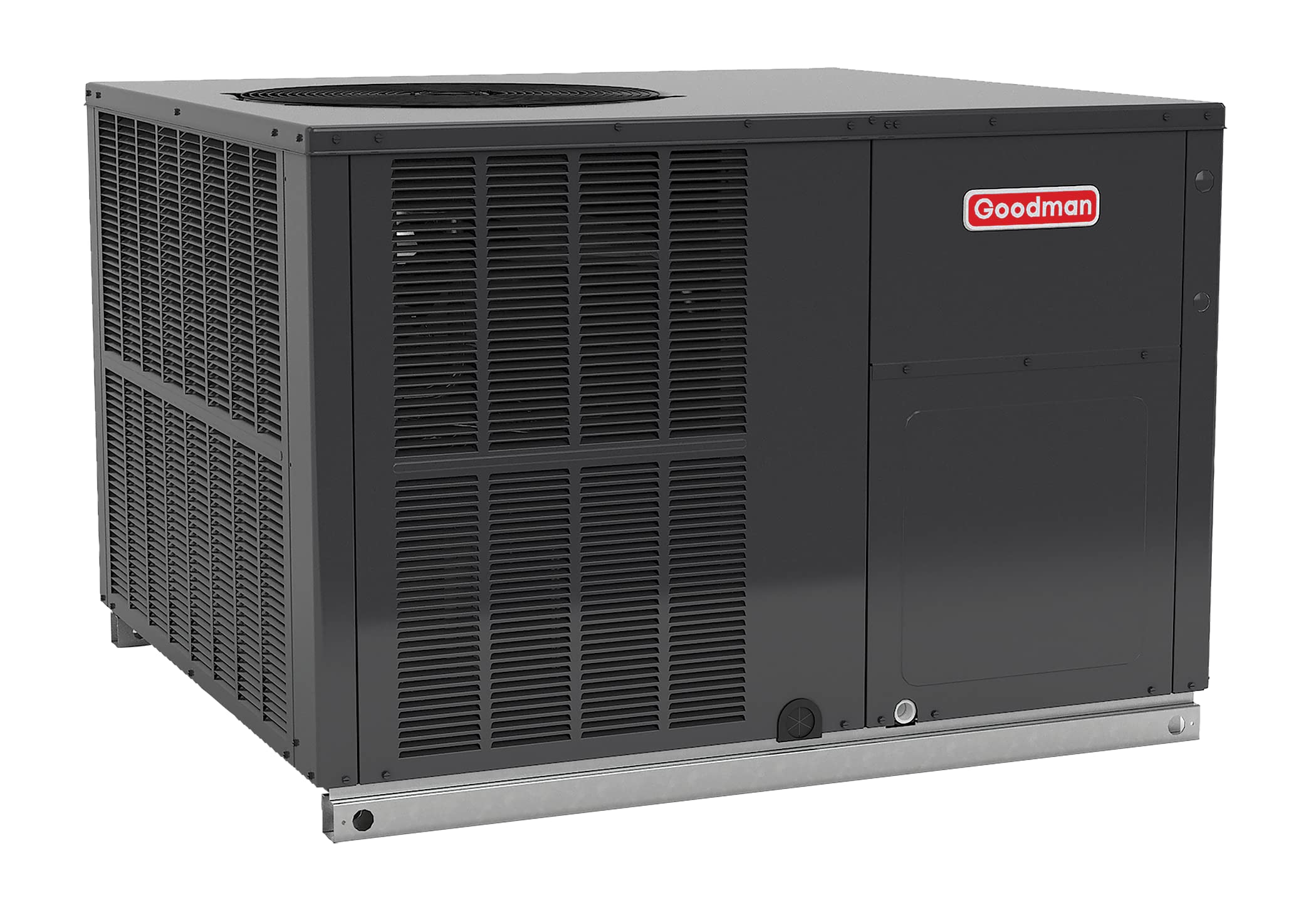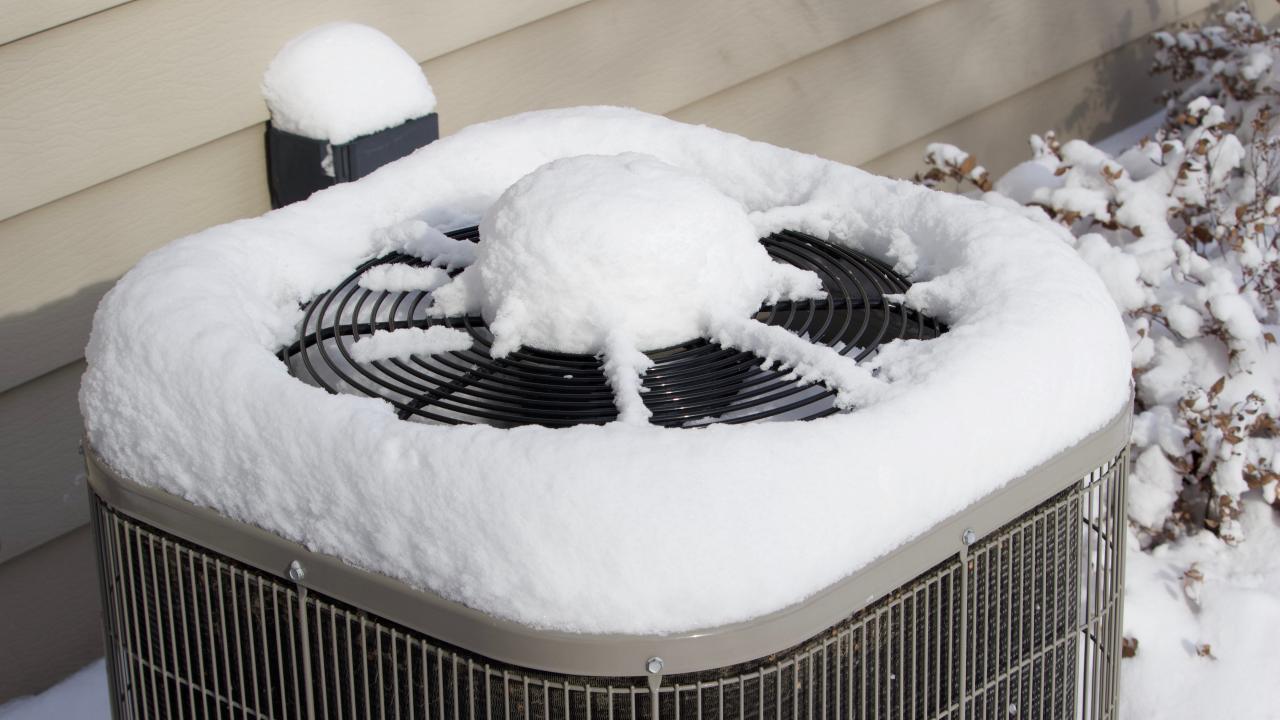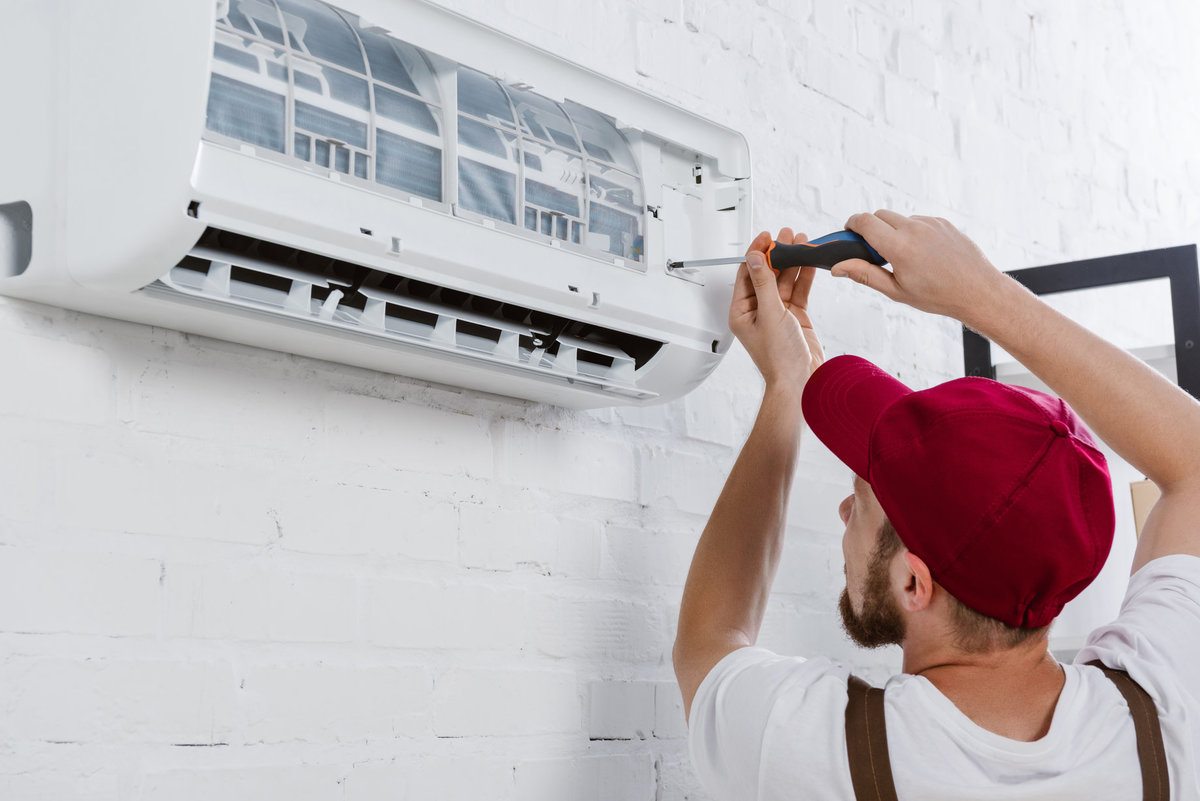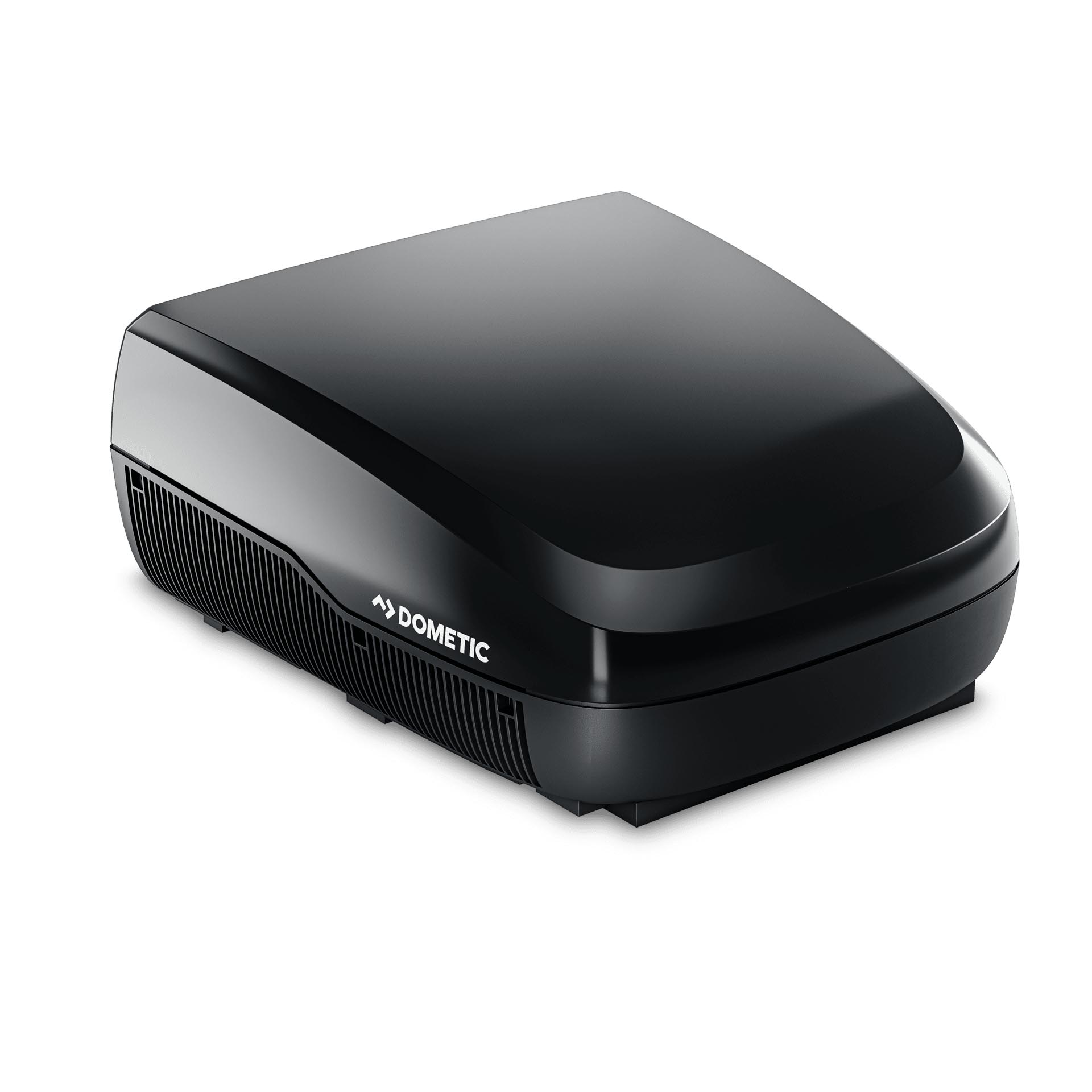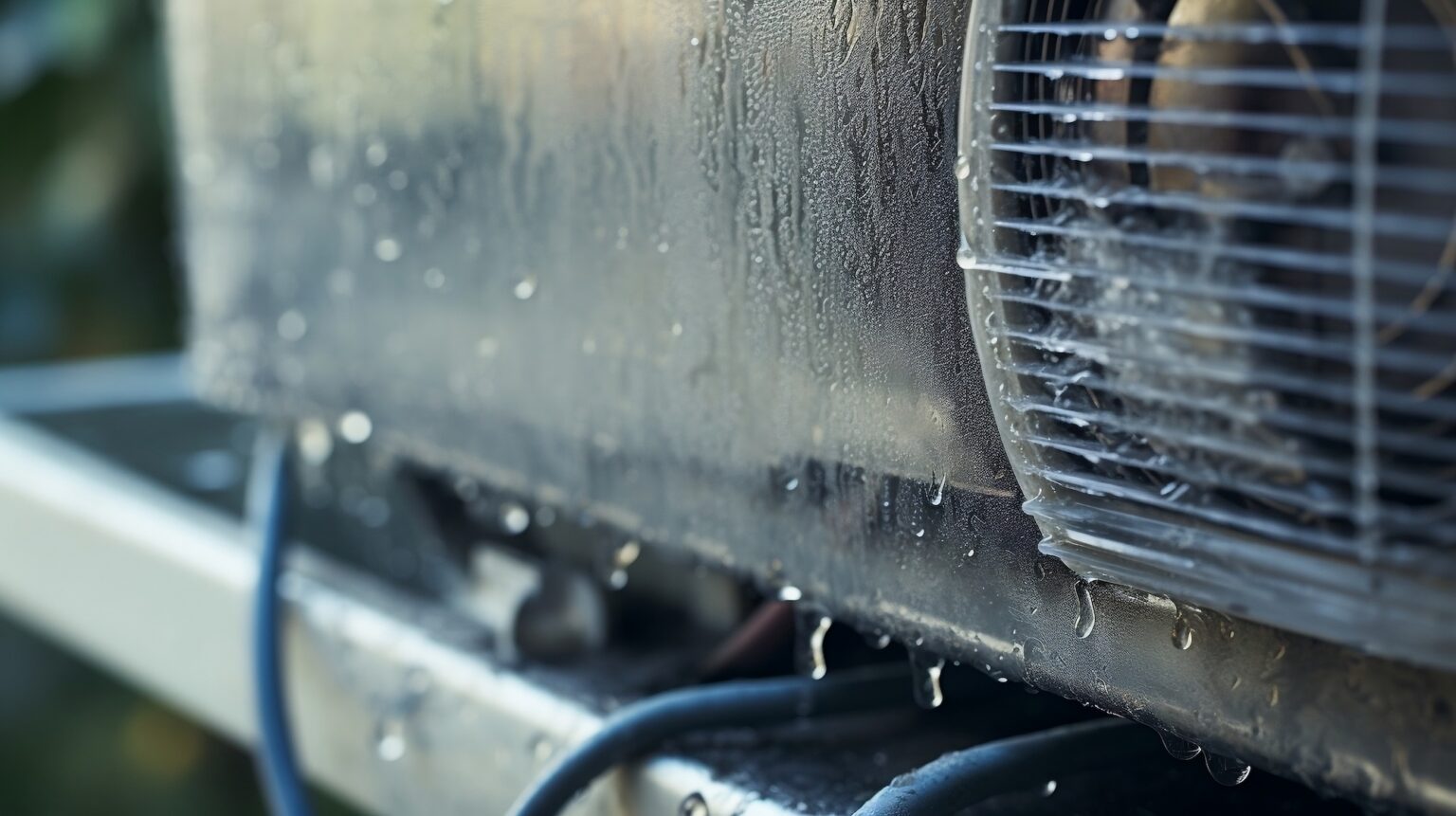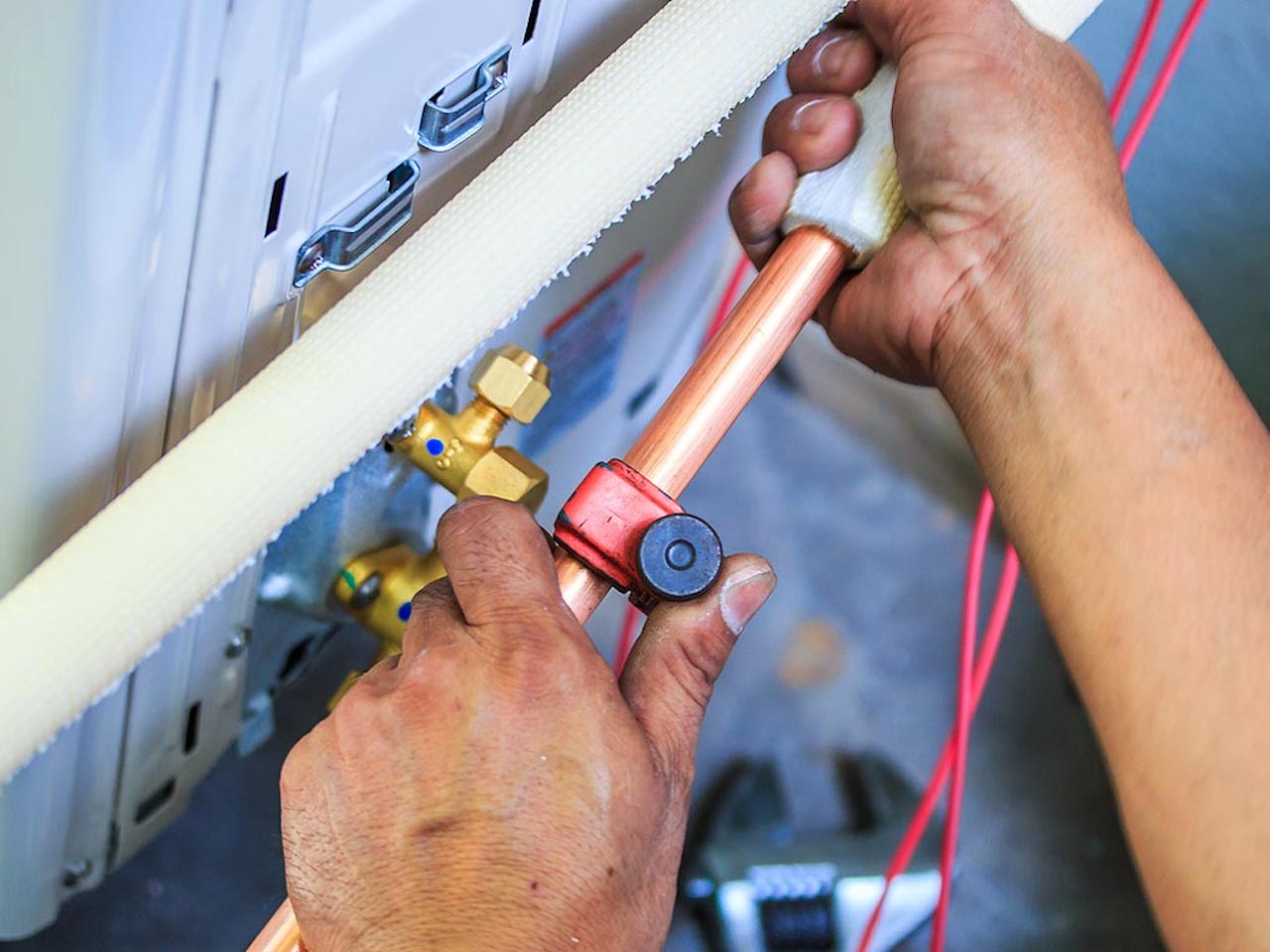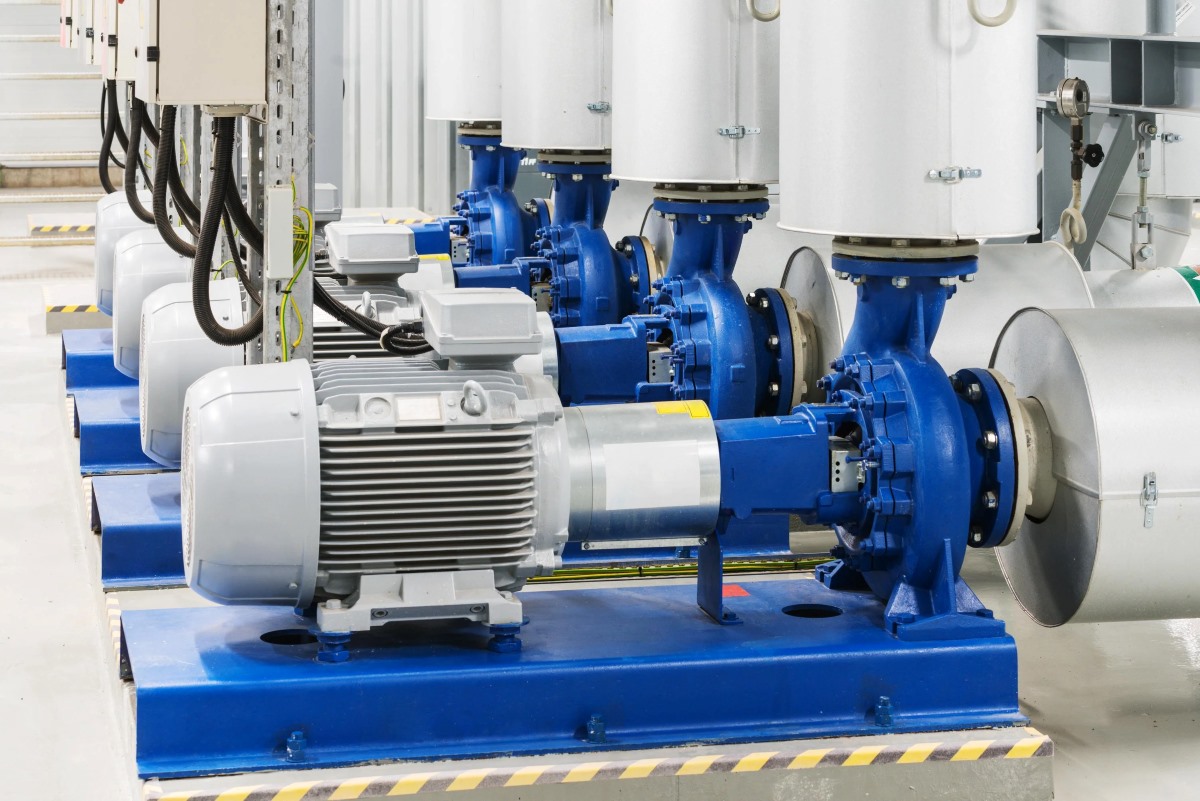Home>Home Maintenance>How Do I Know How Many Tons My Air Conditioner Is
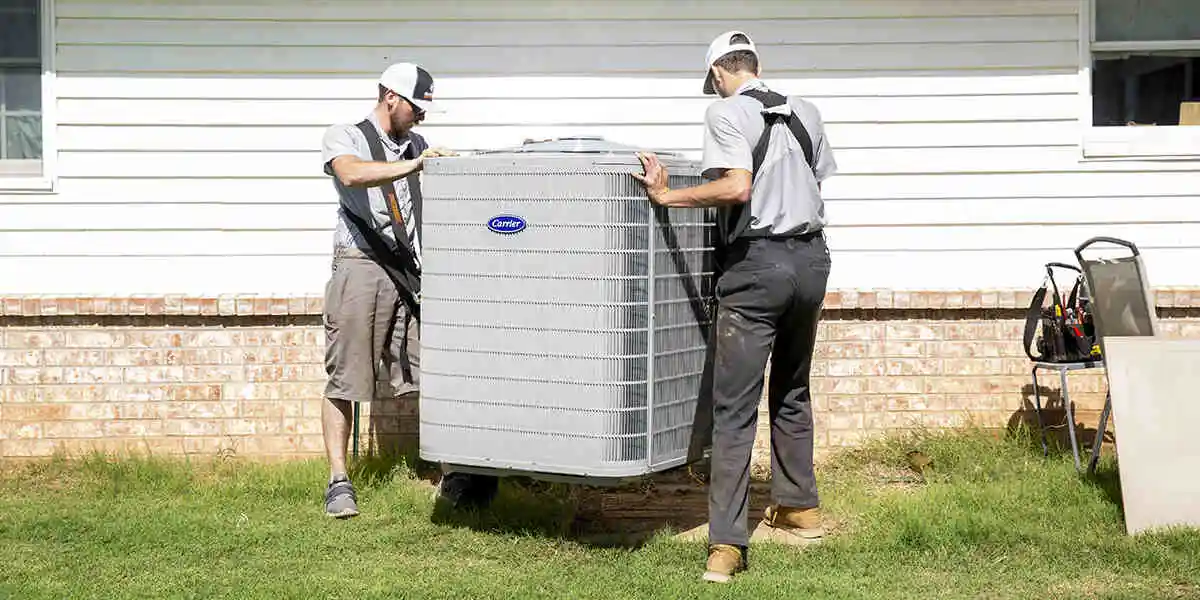

Home Maintenance
How Do I Know How Many Tons My Air Conditioner Is
Modified: October 28, 2024
Learn how to determine the tonnage of your air conditioner for accurate home maintenance. Find out the simple steps to know your AC's capacity.
(Many of the links in this article redirect to a specific reviewed product. Your purchase of these products through affiliate links helps to generate commission for Storables.com, at no extra cost. Learn more)
Introduction
Welcome to the world of HVAC (Heating, Ventilation, and Air Conditioning) systems. Whether you are a homeowner or a renter, it’s essential to understand the basics of your air conditioner. One common question that often arises is, “How do I know how many tons my air conditioner is?” It’s an important query to address as it directly affects the efficiency and cooling capacity of your unit. In this article, we will break down the process of determining the tonnage of your air conditioner, providing you with the knowledge you need to maintain and troubleshoot your cooling system effectively.
Before we dive into the specifics, let’s clarify some terminology. In the context of air conditioning, “tons” refers to the heat-absorbing capacity of an air conditioner, not its actual weight. The term originated from a time when cooling systems were measured based on the amount of ice needed to produce the same cooling effect. Today, it represents the unit’s ability to remove a specific amount of heat from a room or building. The higher the tonnage, the more heat the air conditioner can remove.
There are a few different methods you can use to determine the tonnage of your air conditioner. Let’s explore each one in detail:
Key Takeaways:
- Your air conditioner’s tonnage determines its cooling capacity. To find out, look for the BTU rating on the label, model number, or online. Then, divide the BTU by 12,000 to get the tonnage.
- If you’re unsure about your air conditioner’s tonnage, consult a professional HVAC technician. They can accurately assess your unit and provide expert advice for optimal cooling and energy efficiency.
Understanding the Terminology
Before we move on to finding the tonnage of your air conditioner, let’s familiarize ourselves with a few key terms.
1. BTU: BTU, or British Thermal Unit, is a unit of measurement used to determine the amount of heat energy required to raise the temperature of one pound of water by one degree Fahrenheit. In the context of air conditioning, BTU measures the cooling capacity of an air conditioner. The higher the BTU rating, the greater the cooling power.
2. Ton: In the HVAC industry, the term “ton” is used to describe the cooling capacity of an air conditioner. One ton is equal to 12,000 BTUs per hour. This means that a 2-ton air conditioner can remove 24,000 BTUs of heat per hour.
3. EER: EER, or Energy Efficiency Ratio, is a measure of an air conditioner’s energy efficiency. It is calculated by dividing the cooling capacity (measured in BTUs per hour) by the power input (measured in watts). A higher EER rating indicates a more energy-efficient unit.
4. SEER: SEER, or Seasonal Energy Efficiency Ratio, is similar to EER but takes into account the air conditioner’s performance over an entire cooling season. It is calculated by dividing the total cooling output (measured in BTUs) by the total energy consumed (measured in watt-hours) during the season. The higher the SEER rating, the more energy-efficient the air conditioner.
By understanding these terms, you’ll be better equipped to assess the performance and efficiency of your air conditioner.
Finding the BTU Rating
To determine the tonnage of your air conditioner, the first step is to find the BTU rating. Here’s how you can do it:
1. Look for the label: The BTU rating is usually listed on a label affixed to the air conditioner. This label can typically be found on the back, side, or bottom of the unit. It may also be located on the packaging or in the user manual. The BTU rating is often displayed prominently, making it easy to identify.
2. Check the model number: In some cases, the model number of the air conditioner can provide valuable information about the BTU rating. Look for a series of numbers in the model number that may correspond to the BTU capacity. For example, if the model number contains “12000” or “12,” it’s likely that the air conditioner has a 12,000 BTU rating or is a 1-ton unit.
3. Research online: If you can’t find the BTU rating on the unit or in the documentation, you can search online using the make and model of your air conditioner. Manufacturers often provide detailed product specifications on their websites, which should include the BTU rating. Additionally, there are online databases and forums where you can find information about specific air conditioner models and their BTU ratings.
4. Calculate the BTU rating: If all else fails, you can estimate the BTU rating based on the size of the room or area that the air conditioner is intended to cool. A general rule of thumb is to allocate 20 BTUs per square foot of space. For example, if you have a 200 square foot room, you would need an air conditioner with a minimum BTU rating of 4,000 (200 sq ft x 20 BTUs = 4,000 BTUs). Keep in mind that this method provides a rough estimation and may not be as accurate as obtaining the actual rating from the manufacturer.
Once you have determined the BTU rating, you can proceed to the next step of converting it to tons, which we will discuss next.
Look for the model number on your air conditioner and check the manufacturer’s website or manual. The model number usually includes the tonnage of the unit. If you can’t find it, contact the manufacturer for assistance.
Converting BTU to Tons
Now that you have the BTU rating of your air conditioner, it’s time to convert it to tons. As mentioned earlier, one ton is equal to 12,000 BTUs per hour. Here’s how you can make the conversion:
1. Divide the BTU rating by 12,000: Take the BTU rating of your air conditioner and divide it by 12,000. For example, if your air conditioner has a BTU rating of 24,000, you would divide 24,000 by 12,000, resulting in 2.
2. Interpret the result: The number you obtain after dividing the BTU rating by 12,000 represents the tonnage of your air conditioner. In our example, the result of 2 signifies that your air conditioner is a 2-ton unit.
It’s important to note that the tonnage of an air conditioner is not always a whole number. It can be a fraction as well. For example, if your air conditioner has a BTU rating of 18,000, dividing it by 12,000 would give you 1.5, indicating that your air conditioner is a 1.5-ton unit.
By converting the BTU rating to tons, you can now better understand the cooling capacity of your air conditioner and ensure it aligns with the needs of your space.
Checking the Manufacturer’s Information
In addition to finding the BTU rating and converting it to tons, it’s always a good idea to check the manufacturer’s information for accurate and detailed specifications about your air conditioner. Here’s how you can do it:
1. User manual: Start by referring to the user manual that came with your air conditioner. The manual should contain valuable information about the unit, including its BTU rating, tonnage, recommended room size, and other technical specifications. Look for sections on specifications, installation, or product details to find this information.
2. Manufacturer’s website: Visit the manufacturer’s website and locate the section dedicated to your specific air conditioner model. Most reputable manufacturers provide downloadable product manuals or specification sheets on their websites. Look for the model number or search the product name to find the relevant information. The manufacturer’s website may also provide additional resources, such as FAQs or customer support, which can be helpful in clarifying any doubts or concerns.
3. Contact customer support: If you are unable to find the necessary information in the user manual or on the manufacturer’s website, you can reach out to their customer support. Contact their support team via phone, email, or live chat with your air conditioner’s model number or any other relevant details. They should be able to provide you with the accurate tonnage and other specifications of your air conditioner.
By checking the manufacturer’s information, you can ensure that you have the most accurate and reliable data about your air conditioner. This information can be vital for proper maintenance, troubleshooting, or seeking professional help if needed.
Read more: How Many Btu In 2 Ton Air Conditioner
Consulting with a Professional
If you’re still unsure about the tonnage of your air conditioner or you want to verify the information you’ve gathered, it’s always wise to consult with a professional HVAC technician. They have the expertise and knowledge to accurately determine the tonnage of your air conditioner and provide valuable guidance. Here’s why consulting with a professional is beneficial:
1. Accuracy: HVAC professionals have experience working with a wide range of air conditioning units. They can quickly and accurately assess the tonnage of your air conditioner based on its model, specifications, and performance. They may also perform additional tests or inspections to ensure the accuracy of their assessment.
2. Expert Advice: In addition to determining the tonnage, HVAC professionals can provide you with expert advice on the efficiency, performance, and maintenance of your air conditioner. They can recommend any necessary repairs or upgrades and offer tips to maximize the cooling capacity and lifespan of your unit.
3. Customized Solutions: Every home and cooling system is unique. HVAC professionals can evaluate your specific cooling needs, consider the size of your space, the climate in your area, and other factors to recommend the ideal tonnage for optimal comfort and energy efficiency. They can also suggest additional measures like zoning systems or smart thermostats to enhance the performance of your air conditioner.
4. Safety and Warranty: HVAC professionals are well-versed in safety protocols and industry standards. They ensure that your air conditioner is installed correctly and in compliance with all regulations. Moreover, some air conditioner warranties may require professional installation or maintenance for the warranty to remain valid. Consulting with a professional can help you meet these requirements and protect your investment.
When seeking professional assistance, make sure to choose a reputable HVAC company or technician with proper licensing and certifications. Ask for referrals, read online reviews, and compare quotations to find the most reliable and trustworthy professional in your area.
By consulting with a professional, you can have peace of mind knowing that your air conditioner is properly sized and functioning optimally, providing you with efficient cooling for years to come.
Frequently Asked Questions about How Do I Know How Many Tons My Air Conditioner Is
Was this page helpful?
At Storables.com, we guarantee accurate and reliable information. Our content, validated by Expert Board Contributors, is crafted following stringent Editorial Policies. We're committed to providing you with well-researched, expert-backed insights for all your informational needs.
